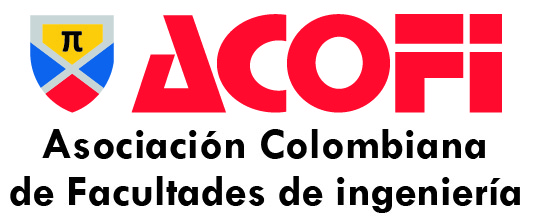Intelligent Strategy for the Resolution of Problem, ISRP
DOI:
https://doi.org/10.26507/rei.v2n3.46Keywords:
problems resolutions, competences formationAbstract
ESIRP is an acronym that denotes Intelligent Strategy for the Resolution of Problems; it is based in the theory of an expert system, area of the Artificial Intelligence and in the psychological theory of the learning; its object is problems resolutions. Among the competences basic professionals that seek to be integrated in engineering students are: capacity to identify and to propose problems solution alternatives; capacity of to analyze and to synthesize; to apply knowledge to practice and to work autonomous way among others. ESIRP application and it Debates contributes significantly to formation of these competences. This paper show theoretical aspects and accumulated experience when applying both strategies in engineer’s formation process. It consists of 6 phases that are pointed out with: identification of the problem; search of information; theoretical frame, development and calculation; analysis of the result and application.
Downloads
References
MENA LORENZO, Jorge Lorenzo, (2003). III Taller Iberoamericano de Enseñanza de la Física Universitaria: “La Conferencia Investigativa de Física en el Marco de una Carrera Técnica”. Universidad de Pinar del Río. Cuba. Consultado el 5 de julio de 2005 en http://www.fisica.uh.cu/tibero/fisedu/tibero2003/t6.rtf
CONCARI, S. y GIORGI, S. (2000). Los problemas resueltos en textos universitarios de física. Publicado en la revista Enseñanza de las Ciencias. Documento consultado el 7 de julio de 2005 en http://ddd.uab.es/pub/edlc/02124521v18n3p381.pdf
CONCARI, Sonia B. (2005). El modelado y la resolución de problemas: ejes para la enseñanza de la física para ingenieros. GIDEAF, Departamento de Física, Facultad de Ingeniería Química, Universidad Nacional del Litoral, Santa Fe, Argentina. Documento consultado el xx de xx de xxx en http://www.unrc.edu.ar/publicar/cde/05/concari.htm
REIF, Frederick. (1981). Teaching problem-solving. A scientific approach. The Physics Teacher, pp. 310-316.
REIF, Frederick (1987). Instructional Design, Cognition, and Technology: Applications to the Teaching of Scientific Concepts. Journal of Research in Science Teaching, 24 (4), pp. 309-324
REIF, F.; LARKIN, J.H. & BRACKETT, G.C. (1976). “Teaching general learning and problemsolving skills”. American Journal of Physics, 44 (3), pp. 212-217.
CONCARI, S.; POZZO, R. y S. GIORGI, S. (1999). “Un estudio sobre el rozamiento en libros de física de nivel universitario”. Enseñanza de las Ciencias, 17 (2), pp. 273-280.
MINTZBERG, H. & QUINN J. (1993). El concepto de estrategia. En Destreza en la estrategia. Editorial Prentice Hall Hispanoamericana, México. Documento consultado en julio de 2005 en http://www.monografias.com/trabajos11/henrym/henrym.shtml
BLATT, Frank J. (1991) Fundamentos de Física. Prentice-Hall Hispanoamericana. 3ª. edición, México, pp. 378.
Downloads
Published
How to Cite
Issue
Section
License
Total or partial reproduction of the documents published in the journal is authorized only when the source and author are cited.
| Article metrics | |
|---|---|
| Abstract views | |
| Galley vies | |
| PDF Views | |
| HTML views | |
| Other views | |









